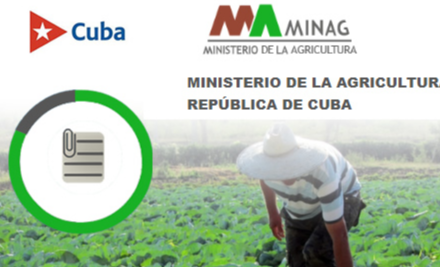Cuba´s Agriculture Ministry (MINAG) and several other organizations on Wednesday launched a package of postcards to support local food system management with gender equity.
Alongside MINAG, the Federation of Cuban Women (FMC) and the UN Food and Agriculture Organization (FAO) participated in an activity that was part of an exchange with women producers at the Vista Hermosa Farm, in the municipality of Guanabacoa, Havana.
The meeting was led by the FMC Secretary-General Teresa Amarelle, FAO Representative in Cuba Marcelo Resende, and MINAG´s Cadre Director Julia Muriel.
It was noted that the postcards will provide information to promote greater integration of gender approaches in action plans set by Municipal Commissions.
These postcards are also a pivotal tool for strengthening the work of both municipal and provincial gender committees to support the roll-out of the Gender Strategy of the agricultural system and the Food Sovereignty and Food and Nutritional Security Act.
This is a roadmap to back up food sovereignty, as well as the increased presence of women in rural work, the FMC Secretary-General praised.
Cuba´s largest volume of food is produced in rural communities, represented by an important female workforce whose dimension and transformative capacity are not best used. With no active women´s involvement in the countryside, there will be no sustainable development, Amarelle stressed.
Through a fresh design, the postcards contain guidelines and advice to support the management of local food systems with gender equity, information related to participatory gender diagnosis in communities, and the identification of differentiated women-men issues, gender gaps in families, organizations, communities, and institutions, as well as strengths and opportunities for working towards gender equality.
The FAO representative pointed out that the Food Sovereignty and Food and Nutritional Security Act is quite important for the country because it aims to decentralize agriculture by empowering producers, communities, and local actors.


